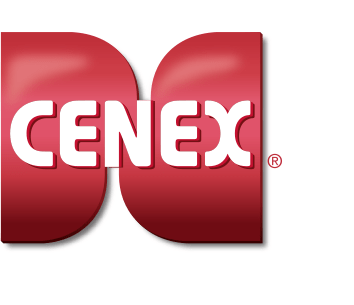Expert advice
Fueling real-world work with real-world guidance.

Welcome to the Cenexperts® blog
Explore timely insights, tips, best practices, and technical information from Cenex industry experts (Cenexperts), leveraging expertise from extensive research, rigorous testing, and practical experience.


